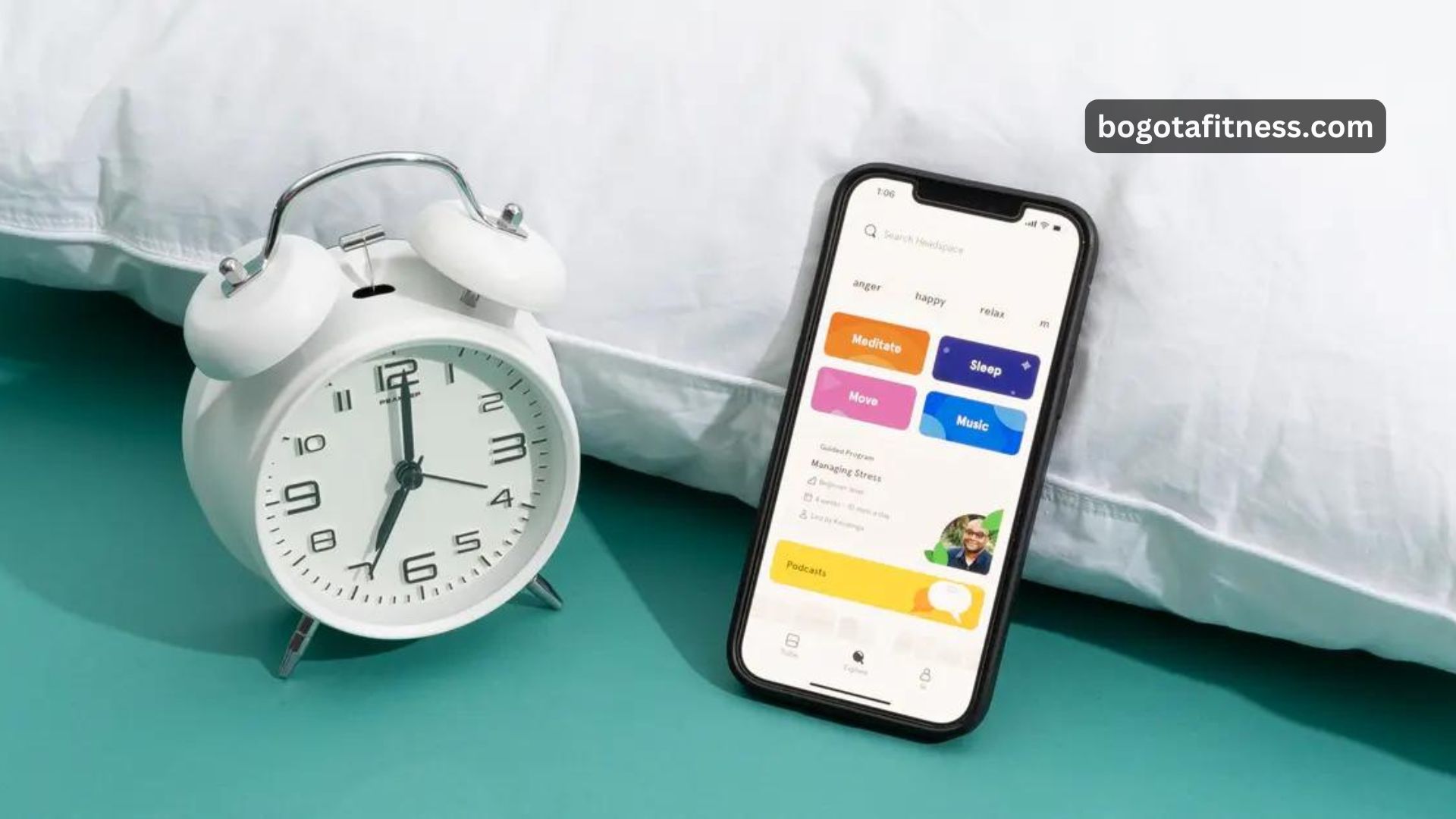Meditation is awesome for helping you refocus and center yourself, but it can be tough to get into when life gets busy and distracting. That’s where meditation apps come in! These apps offer guided meditation sessions that range from just one minute to 30 minutes, making it easier for you to meditate whether you’re just starting out or already experienced.
We’ve put together a list of the best meditation apps, taking into account things like evidence-based design, expert input, user experience, variety of meditations, and cost. Check out this list to find the app that’s perfect for you!
Most Comprehensive: Headspace
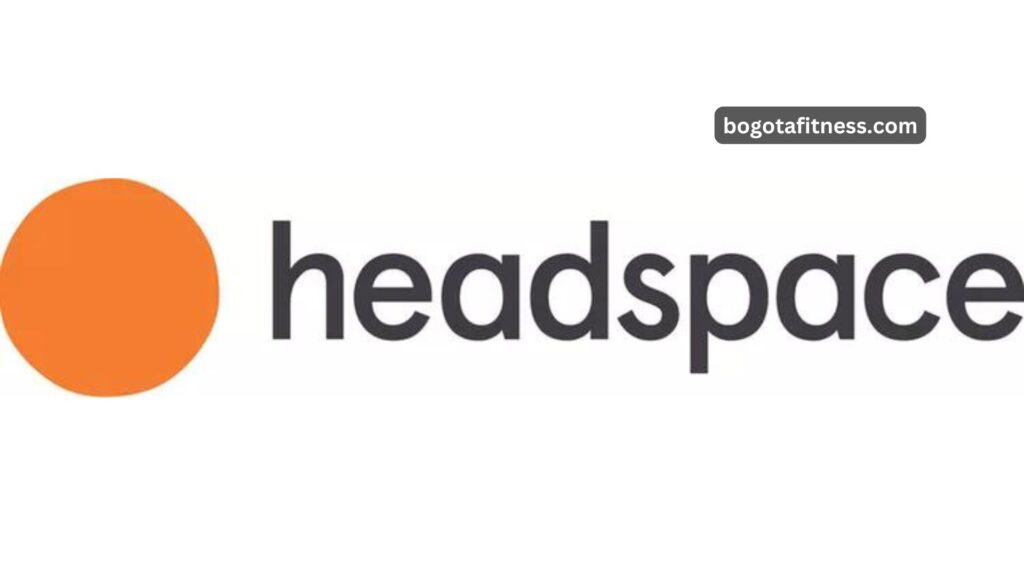
Key Specs
- Platforms: iOS, Android
- Features: Meditation guides for all levels
Why We Chose It
Headspace stands out with its easy-to-use interface and a huge selection of guided meditations designed to boost mindfulness, improve sleep, reduce stress, and more. It’s great for everyone from beginners to pros.
Pros & Cons
Pros:
- Easy-to-use app
- Great for beginners
- Helps manage outside noises
- Lots of meditation options
Cons:
- Membership can be pricey
- Most features require a subscription
- Navigation can be a bit tricky
Our Experience
Headspace aims to improve health and happiness globally with science-based meditation tools. With over 70 million downloads across 190 countries, it’s making a big impact.
We tried Headspace for a month and were really impressed. We loved the variety of exercises available in four categories: Meditation, Sleep, Stress, and Mindfulness. The app lets you track your stress and anxiety, and it was rewarding to see improvements over time. We also liked that while Headspace offers a “featured meditation” each day, we could choose whatever suited us best, giving us more control over our practice.
We especially enjoyed the relaxation exercises. Even on busy days, we found it easy to take five-minute breaks for guided meditations that helped us focus on our breath and body tension. With options ranging from 4 minutes to 30 minutes, Headspace fit our schedule perfectly. One of our favorites was a visual meditation with stunning national park images and soothing music. It helped us clear our minds and stay calm, reducing stress throughout the day.
Plans & Pricing
Headspace offers a free version with limited content, but for full access, you’ll need a subscription. Here’s the pricing:
- $12.99 per month
- $69.99 per year
- Family plan (6 users): $99.99 per year
- Student plan: $9.99 per year
New users can enjoy a 7- to 14-day free trial, depending on the subscription plan (monthly or annual).
Best for Beginners: Ten Percent Happier Meditation
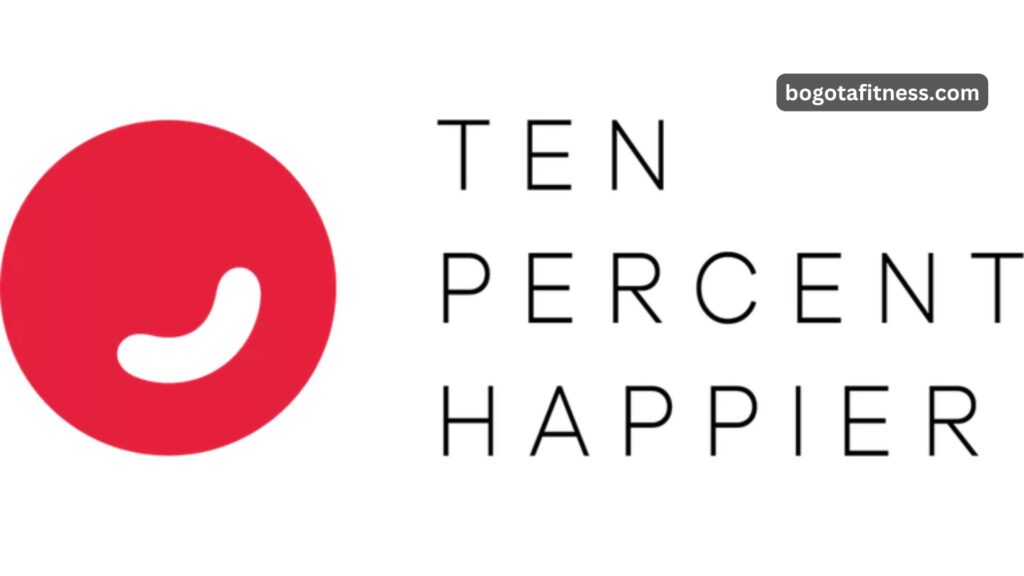
Key Specs
- Platforms: iOS, Android
- Features: Meditation courses, expert talks, and podcasts
Why We Chose It
We picked Ten Percent Happier for anyone starting their meditation journey because it’s perfect for beginners. The app offers easy-to-follow guided meditations and shorter sessions that you can gradually extend.
Pros & Cons
Pros:
- Great for improving sleep and reducing stress
- Hundreds of meditations to choose from
- Live group classes where you can ask questions
- Simple and user-friendly
Cons:
- Membership cost is higher than average
- Not ideal for advanced practitioners
Our Experience
Inspired by ABC news anchor Dan Harris’s book, 10% Happier, the Ten Percent Happier app makes learning meditation fun and easy. It’s a great fit for those who think they’re “not the meditation type” or struggle to find time to meditate.
When we tried Ten Percent Happier for a month, we were new to meditation and loved finding over 50 beginner-friendly meditations right away. There’s even a course called “Meditation for Skeptics” that addresses common misconceptions, like the idea that meditation means just sitting with your eyes closed. With meditation sessions ranging from 3 to 15 minutes or more, we could always find something to fit into our busy days.
We found it most helpful when we set aside a short time each day for meditation. The app doesn’t force you into a strict schedule, so you can easily create your own routine. You can also search for meditations on specific topics like “parenting” or “money,” which helped us address our personal concerns. We noticed a positive change in our anxiety almost right away, making meditation feel more accessible.
Plans & Pricing
An annual subscription to Ten Percent Happier costs $99, which breaks down to about $8.33 per month. You can start with a 7-day free trial to see if it’s a good fit for you.
Best for Sleep: Calm

Key Specs
- Platforms: iOS, Android
- Features: Calming background sounds, short meditations, and sleep stories
Why We Chose It
Calm is famous for helping with relaxation and sleep. It offers soothing background sounds, quick meditations, and engaging sleep stories.
Pros & Cons
Pros:
- Effective sleep stories
- Lots of individual exercises
- Flexible and less structured
- Calming background sounds
Cons:
- The app can be a bit confusing
- Limited free content
Our Experience
Struggling with sleepless nights, anxious thoughts, or stress? Calm’s guided meditations can help you relax and fall asleep faster. When we tried Calm, we were impressed by the variety of content available—from relaxing soundscapes to narrated meditations and sleep stories. As people who need background noise to sleep, we loved the range of soundscapes, including everything from office sounds to thunderstorms and even a spaceship engine room!
We especially enjoyed the sleep stories, which are meant to help you drift off before the end. In fact, during our month-long trial, we never made it through our favorite 39-minute story, “Mr. Calm.” That’s a sign of success!
Plans & Pricing
After a 7-day free trial, you can choose from a monthly subscription at $14.99, an annual subscription at $69.99, or a lifetime subscription for $399.99.
Best Budget: Insight Timer

Key Specs
- Platforms: iOS, Android
- Features: Over 150,000 free meditations
Why We Chose It
If you’re on a budget, Insight Timer is a great choice because it offers a huge library of free meditations.
Pros & Cons
Pros:
- Over 150,000 free meditations
- Easy to search and filter content
- Free 7-day intro course
- Community of meditators is free to join
Cons:
- The app can be a bit confusing
- Too many options can be overwhelming
- Some technical glitches
Our Experience
Insight Timer stands out with its massive collection of over 150,000 free meditations. Unlike many other apps that limit their free content, Insight Timer offers tons of options without charging a dime. We were amazed by how easy it was to filter meditations by need (like stress or sleep), duration (from 5 to 30 minutes or more), and specific benefits (such as pain relief or helping kids meditate). We even used the mood tracker to check in daily and see our progress over the month—all for free!
The “Explore” section was super handy, letting us browse meditation exercises across eight categories like beginner, breathwork, sleep, and more. We often focused on stress and anxiety, finding plenty of short, 15-minute meditations that fit into our day.
Another great feature is the app’s community. We connected with others in chat rooms like “Be Here Now” or “Loving Kindness and Compassion” and joined groups on topics like LGBTQIA+, relationships, and wellness. The vast range of resources and the fact that most are free make Insight Timer a standout choice.
Plans & Pricing
Insight Timer is free to use with access to over 150,000 meditations. For full access to all features, a premium subscription costs $59.99 per year.
Best Guided: Buddhify

Key Specs
- Platforms: iOS, Android
- Features: Wheel of guided meditation practices
Why We Chose It
Buddhify is perfect if you want guided meditations that help with anxiety, stress, sleep, and more. It’s like having a personal coach guiding you through your meditation practice.
Pros & Cons
Pros:
- Over 200 targeted guided meditations
- Easy to use
- Pinwheel feature helps you choose the meditation you need
Cons:
- No desktop version
- In-app purchases required
Our Experience
We tried Buddhify for a month and found it super easy to use. With over 200 guided meditations, the app is perfect for beginners. The guided exercises helped us feel at ease and provided clear directions, so we never felt lost. From body scans to improve mood and focus to stress relief techniques, the app guided us through various practices.
One standout feature is the pinwheel design, which lets you easily select meditations based on categories like “Waking Up,” “Stress and Difficult Emotion,” and “Can’t Sleep.” We especially liked the “Work Break” category for those midday slumps. It included exercises to help us check in with our bodies and emotions, which was a great way to stay motivated during work.
Plans & Pricing
Buddhify costs $4.99 on the Apple App Store and $3.99 on Google Play. There are also in-app purchases and a $30 membership option for extra features like additional meditations and courses. Note that there’s no free trial available.
Best for Breathing Techniques: Breathwrk
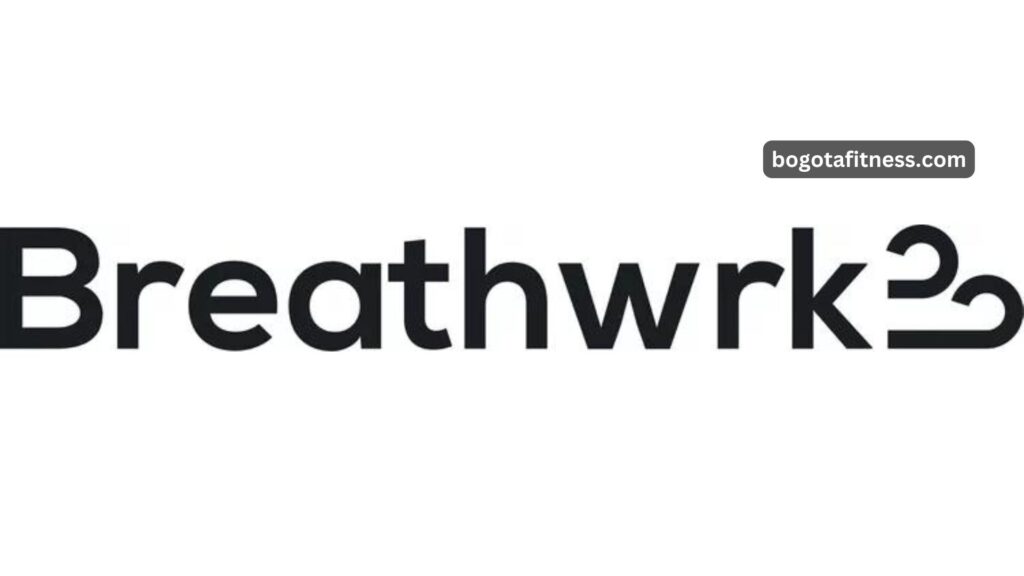
Key Specs
- Platforms: iOS, Android
- Features: Breathing techniques for any time
Why We Chose It
Unlike many apps that focus just on meditation, Breathwrk stands out by offering classes and programs that showcase the many benefits of focused breathing.
Pros & Cons
Pros:
- Breathing exercises for pain relief and energy
- Wide range of meditation options
- Teaches calming techniques you can use without the app
Cons:
- Premium subscription needed for most features
- Requires internet access
Our Experience
We tested Breathwrk for a month and were impressed with its variety of breathing exercises aimed at promoting calm, relaxation, and pain relief, plus boosting energy for your workday. The app offers an extensive range of classes covering topics like Calm, Sleep, Energize, Anxiety, and Pain Relief. We loved how we could choose and customize our exercises in any order, making the experience truly personal.
Breathwrk was especially useful for managing insomnia. We found the sleep-based classes particularly effective—longer exercises with guided breathing helped calm our mind when we woke up in the middle of the night. The shorter exercises were perfect for a quick bedtime routine, easing us into sleep and reducing nighttime anxiety.
Plans & Pricing
A premium subscription costs $12 per month or $69 per year, with a 7-day free trial. While the free version offers access to 50 exercises and classes, including 7-day challenges, you might want to explore affordable options if the premium price is a concern. Discounts are available for students, teachers, military, veterans, and first responders.
Best for Kids: Smiling Mind
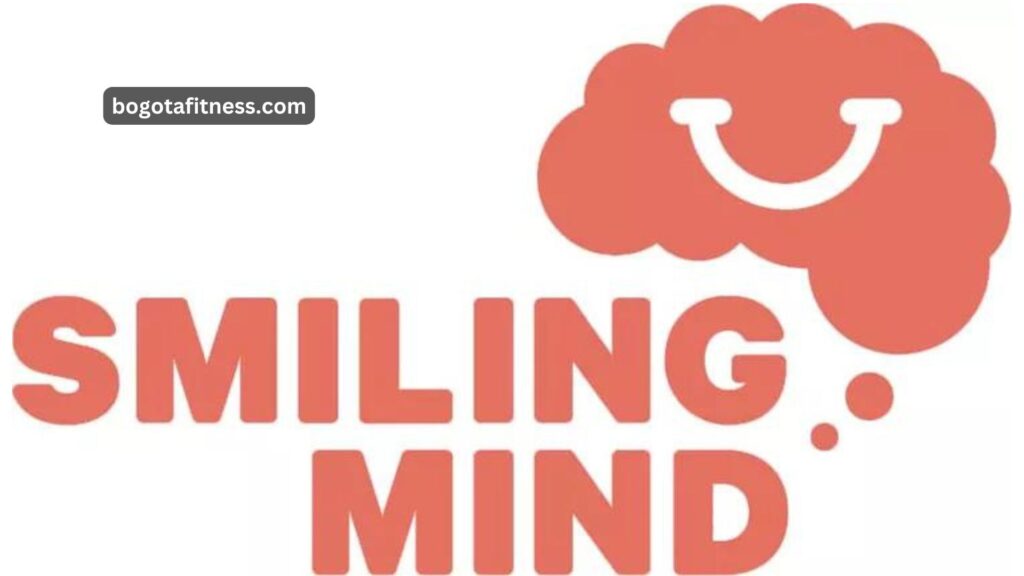
Key Specs
- Platforms: iOS, Android
- Features: Meditations for kids and the whole family
Why We Chose It
Smiling Mind offers guided meditations and fun activities specially designed for kids. With quick one-minute meditations and engaging exercises like The Bubble Journey, it’s perfect for young ones.
Pros & Cons
Pros:
- Completely free
- Designed for kids aged 3 and up
- Meditations start at just one minute to build up practice gradually
Cons:
- Requires a phone or tablet
- Email address needed to sign up
Our Experience
Smiling Mind was created by psychologists and educators in Australia to bring mindfulness to both kids and adults. It’s great for children 3 and older, with activities like The Bubble Journey that help kids reflect on their day. For older kids, there are meditations focusing on being a better student, staying present, and even improving at sports.
While we didn’t test the kids’ activities ourselves, we enjoyed exploring the app’s content for adults. The programs are flexible, letting us choose exercises that fit our needs without a set order. We liked the mindfulness programs that helped us appreciate daily moments, like savoring our meals or practicing mindful listening during conversations.
This level of customization can be really helpful for kids and teens, giving them more control over their mindfulness practice. These skills can boost attention, memory, emotional regulation, and self-awareness, leading to lower stress, anxiety, and depression, plus better academic and social skills.
Compare the Best Meditation Apps
| Company | Cost | Platforms | Features |
| Headspace Most Comprehensive | Free 7- or 14-day trial; $12.99/month; $69.99/year; family plan for up to six users is $99.99/year; student plan is $9.99/year | iOS, Android | Meditation guides for all levels |
| Ten Percent Happier Best for Beginners | Free 7-day trial; $99/year ($8.33/month) | iOS, Android | Access to meditation courses, expert-led talks, and podcasts |
| Calm Best for Sleep | 7-day free trial; $14.99/month; $69.99/year | iOS, Android | Calming background sounds, short meditations, and sleep stories |
| Insight Timer Best Budget | Free; premium subscription is $59.99/year | iOS, Android | Over 150,000 free meditations |
| Buddhify Best Guided | $4.99 for iOS users; $3.99 for Google Play users; in-app purchases; optional $30 membership | iOS, Android | Wheel of guided mediation practices |
| Breathwrk Best for Learning Breathing Techniques | Premium subscription for $12/month or $69/year with a seven-day free trial; discounts for teachers, students, military, veterans, and first responders | iOS, Android | Learn breathing techniques you can use anytime |
| Smiling Mind Best for Kids | Free | iOS, Android | Meditations for children and the entire family |
Guide for Choosing Apps for Meditation
How to Choose the Right Meditation App for You
Picking the best meditation app can be easier if you first think about what you want to achieve. Are you looking to explore meditation, learn breathing techniques, manage anxiety, or improve your sleep? Next, consider how much time and money you can invest in your practice.
What to Look for in a Meditation App
Here are a few things to keep in mind before you download an app:
- Pricing: Meditation apps can be free or cost up to $100 a year. Make sure you’re comfortable with the price and that it fits your budget, especially if you don’t plan to use it often.
- Devices: While most apps work on both iOS and Android, they might not be compatible with all your devices. Check if the app works with your smartwatch or tablet if that’s important to you.
- Expert Guidance: Look for apps that offer research-based techniques and are guided by experts. This ensures you’re getting reliable advice and practices.
- Programs Offered: Meditation apps often offer more than just meditation. Choose one that includes features you’re interested in, such as breathing exercises, calming soundtracks, sleep stories, and self-help activities.

